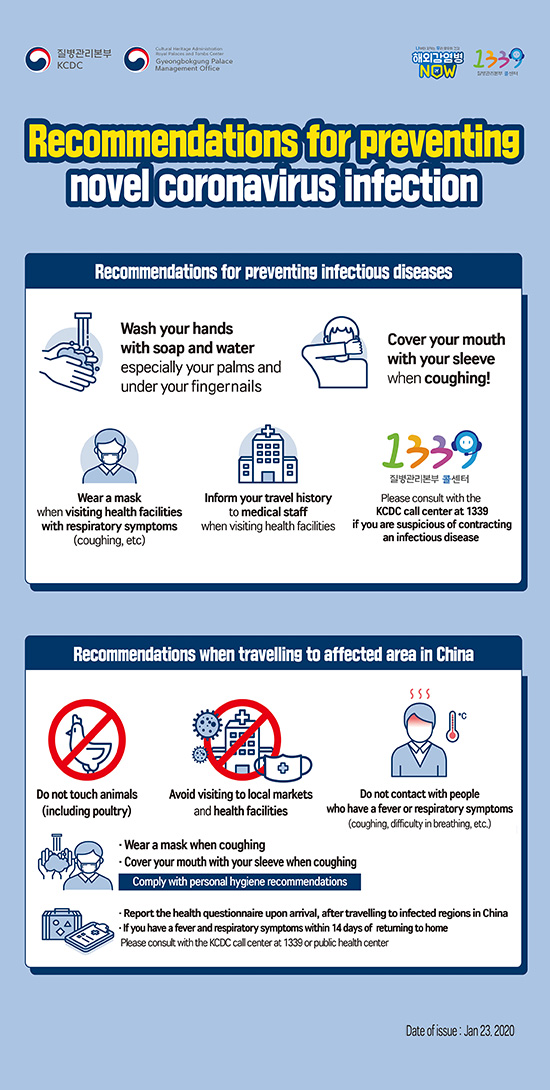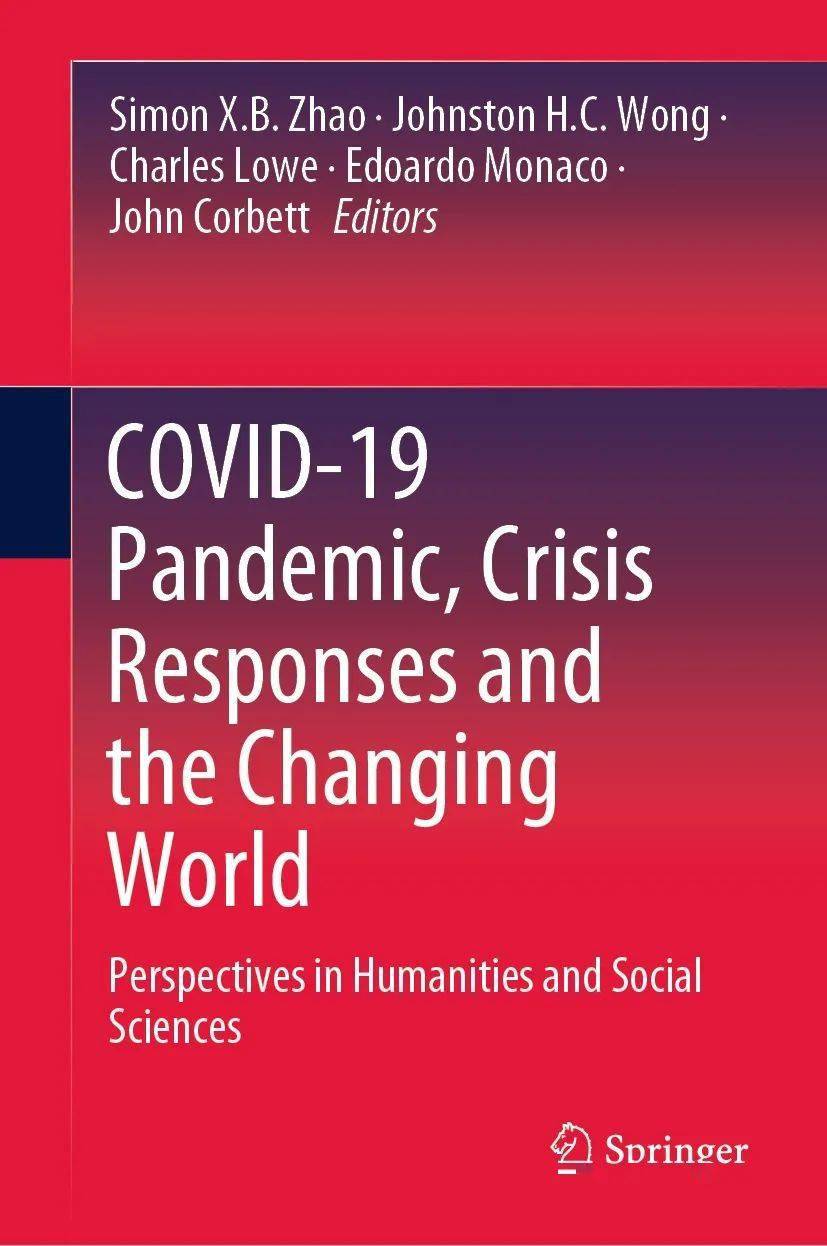In the early months of 2020, the world was suddenly thrown into a state of unprecedented uncertainty and fear as the novel coronavirus (SARS-CoV-2) emerged, causing a global health crisis known as the COVID-19 pandemic. This unprecedented event has not only reshaped our understanding of infectious diseases but has also significantly impacted every aspect of our lives, economies, and societies worldwide.
The Origin and Spread of COVID-19
The initial outbreak of COVID-19 was traced back to Wuhan, China, in December 2019. The virus, a member of the coronavirus family, was initially thought to have originated from an animal-to-human transmission. However, its exact origins remain a subject of ongoing research and investigation. The rapid spread of the virus, facilitated by international travel and trade, soon became a global concern, with cases reported in countries across all continents.
The World Health Organization (WHO) declared the outbreak a pandemic on March 11, 2020, recognizing the severity of the situation and the need for a coordinated global response. This declaration marked a turning point in the fight against the virus, as countries around the world implemented travel restrictions, lockdowns, and other measures to slow its spread.
Health Impact
The COVID-19 pandemic has had a profound impact on public health, both in terms of the number of infections and deaths and the strain it has placed on healthcare systems. As of this writing, the pandemic has infected millions and claimed the lives of hundreds of thousands globally. The elderly and those with pre-existing conditions are particularly vulnerable to severe illness and death.
The pandemic has also highlighted the importance of preparedness and resilience in healthcare systems. Many countries faced challenges in managing the surge in cases, including shortages of medical supplies, personal protective equipment (PPE), and hospital beds. The strain on healthcare workers has been immense, with many working long hours under stressful conditions, often at risk of infection themselves.
Economic Impact
The economic impact of the COVID-19 pandemic has been profound and far-reaching. Businesses have been hit hard, with many forced to close their doors or operate at reduced capacity due to lockdown measures. Small and medium-sized enterprises (SMEs), in particular, have been hit particularly hard, as they often lack the financial resources to weather extended periods of inactivity.
The pandemic has also led to a significant decline in global trade and investment, as countries implemented trade restrictions and investors became cautious about the outlook for their investments. The loss of jobs and income has been severe, with millions facing unemployment and economic hardship. Governments have responded with stimulus packages and other measures to mitigate the economic impact, but the full extent of the damage remains to be seen.
Social Impact
The COVID-19 pandemic has had a profound impact on society as a whole. The need for social distancing and lockdown measures has led to significant changes in daily life, with people staying at home and avoiding social gatherings to prevent the spread of the virus. This has led to feelings of isolation and loneliness for many, particularly those who are vulnerable or live alone.
The pandemic has also highlighted inequalities in access to healthcare and other resources. Low-income households have been hit harder by job losses and reduced income, while those living in overcrowded conditions are more susceptible to infection. The pandemic has exposed existing social issues such as poverty, inequality, and lack of access to basic services, highlighting the need for a more equitable society.
Scientific Response and Vaccination Efforts
In the face of this global health crisis, scientists and researchers have worked tirelessly to understand the virus, develop treatments, and create vaccines. The rapid response by research teams around the world has been remarkable, with several vaccines being developed and approved for emergency use within just a few months of the outbreak.
Vaccination efforts have been a key part of the global response to the pandemic. Governments, international organizations, and private sectors have worked together to ensure equitable access to vaccines worldwide. However, challenges remain, including logistical issues, hesitancy among some populations, and the need for continued funding and support for vaccination programs in low-income countries.
Lessons Learned and Future Preparedness
The COVID-19 pandemic has taught us many lessons about preparedness for future health crises. It has highlighted the importance of investing in public health infrastructure, including healthcare systems
转载请注明来自爬爬百科,本文标题:《新冠疫情,全球健康危机及其对社会的影响》












 京ICP备11000001号
京ICP备11000001号
发表评论